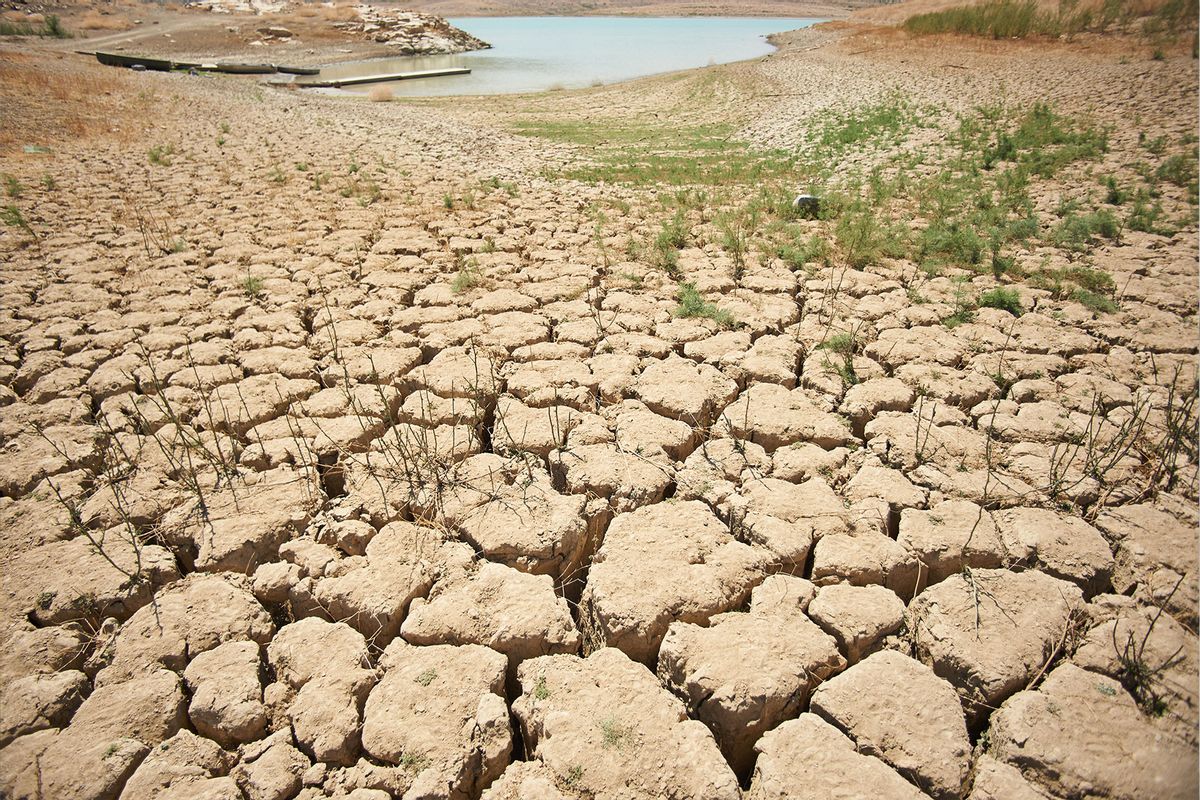Summer 2023 has proved to be a literally historic season, at least as far as climate change is concerned. In a recent statement, United Nations (UN) Secretary General Antonio Guterres warned that the global climate is "breaking down," adding that the past three months were the warmest ever recorded in human history. "Our planet has just endured a season of simmering — the hottest summer on record. Climate breakdown has begun," Guterres declared, later employing a vivid metaphor: "The dog days of summer are not just barking, they are biting."
Guterres was responding to a report by the World Meteorological Association which found that over the past three months Earth experienced the hottest temperatures ever recorded, including historic sea surface temperatures and a series of extreme weather events. August 2023 proved to be the second hottest month ever recorded, only surpassed by July 2023. Overall, the period of June through August 2023 the average global temperature was 16.77°C (62.19°F), constituting a significant increase of 0.66°C (33.19°F) above the normal average.
Perhaps the most conspicuous detail of the Summer 2023 heatwave was the extreme weather that accompanied it, particularly wildfires. According to a July 2023 study in the scientific journal PNAS, the combination of heatwaves with other extreme weather events like droughts will increasingly harm ordinary people. "Compound drought and heatwaves severely threaten socio-ecological systems, leading to greater impacts — e.g., wildfires, crop failure, and heat-related mortalities," co-author Dr. Ashok Mishra, a professor at Clemson University's Department of Environmental Engineering and Earth's Science, told Salon at the time.



Shares